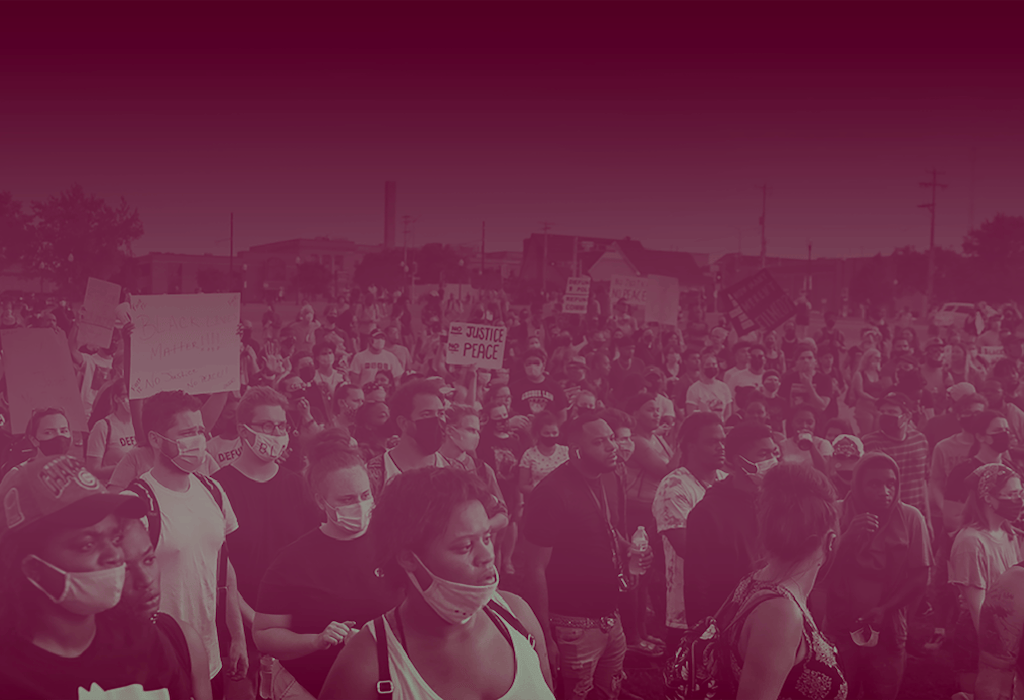The Southern District Court of New York has ordered that the case challenging ICE’s wrongful detention of Mahmoud Khalil. Due to Immigration Enforcement Action a recent Columbia graduate student and lawful permanent citizen, should be transferred to New Jersey. The Trump administration attempted to shift the lawsuit to Louisiana. In addition, the judge upheld an earlier decision that prevented Mr. Khalil from being deported without a court order.
“This is a first step, but we must keep calling for Mahmoud to be given justice.” His unjust and illegal detention is unacceptable. “Until he comes home with me, we will not stop fighting,” Mahmoud Khalil’s wife, Dr. Noor Abdalla, stated. If the judge permitted this action to proceed in Louisiana, Mr. Khalil’s legal team had contended.
President Donald Trump signed More than 85 executive orders and immigration-related acts were in the first two weeks of his second administration. Among these were a series of directives and actions designed to considerably strengthen federal authorities. Power to arrest and imprison unauthorized foreign persons, as well as guarantee employers are in compliance with all applicable immigration laws. These changes have substantial implications for employers in many sectors, making it more necessary than ever to comply with immigration requirements.
Table of Contents
ToggleKhalil's lawyers filed a petition
Early in the morning following his arrest, Khalil’s lawyers filed a petition for a writ of habeas corpus. They are claiming that ICE had violated the First Amendment and the Due Process Clause of the U.S. Constitution. And detaining Khalil because of his speech and advocacy for Palestinian human rights. He was sent under ICE custody to a facility in New Jersey just prior to filing his habeas petition. And then he was deported to Louisiana.
“In the coming weeks, students, activists, and elected officials must come together to defend the right to protest for Palestine.” Mahmoud Khalil wrote in a letter from the Louisiana detention facility Tuesday. Our voices are not the only ones under risk.
Additionally, his attorneys are requesting that the court grant a preliminary injunction that would immediately free him from custody. Prevent the Trump administration from using the foreign policy bar, a nebulous and little invoked clause of the 1952 Immigration and Nationality Act. The foreign policy bar allows the government to exclude or remove noncitizens designated by the US secretary of state. The government is using provisions to cancel visas and green cards of noncitizens who spoken out in support of Palestinianrights. According to the documents, the administration is exploiting the INA’s foreign policy provision to punish against constitutionally protected expressions of opposing viewpoints
Policy for the Revocation of Sensitive Locations due to Immigration
Department of Homeland Security (DHS) revoked a previous regulation restricting immigration enforcement in “sensitive” or “protected” sites, including schools, churches. The repeal of the previous ban increases DHS’s ability to conduct targeted enforcement and make arrests at “sensitive” places. Even if more regular workplace enforcement has always been allowed there. Employers in these groups should therefore brace themselves for heightened enforcement.
Focused Immigration Enforcement Actions
DHS has two law enforcement divisions: Customs and Border Protection (CBP) and U.S. Immigration and Customs Enforcement (ICE). DHS has expanded its immigration enforcement duties to include specific federal laws. ICE and CBP have extensive jurisdiction to conduct workplace investigations with or without warrants.
In general, any official action that ICE or another agency may conduct at a business is referred to as immigration enforcement. ICE, CBP, or any of their satellite agencies carrying out operations at a specific location, usually with a judicial or administrative warrant or subpoena, are referred to as targeted enforcement activities. Arresting staff members or requesting documents or other sensitive information are examples of these actions.
A Designated Business Representative (DBR) should be assigned by employers to oversee all communications with ICE. Since ICE may provide legal documents for the company to evaluate, it is ideal for the DBR to be in-house counsel. A DBR should always be “on duty” because ICE could show up at any time. Every employee should be provided with the DBR’s name, title, and contact details.
Site Inspections and Audits of Documentation
Federal agencies also carry out audits and other inspections pertaining to immigration benefits filed with the State Department, the Department of Labor (DOL), and U.S. Citizenship and Immigration Services (USCIS), in addition to targeted enforcement actions that may aim to locate and detain undocumented individuals and impose criminal or civil penalties against employers. Site visits by the Fraud Detection and National Security Directorate (FDNS) and other organizations or contractors as part of the Administrative Site Visit and Verification
Program are one kind of on-site enforcement that might increase in frequency.
To make sure that petitioners (employers) and beneficiaries (workers) follow the conditions of their petitions, immigration officers conduct compliance reviews. This procedure entails reviewing the petition and any supporting documentation, consulting government databases and public records, and, if required, making surprise site visits to speak with the petitioner and the beneficiary.
Employers’ participation in the compliance review process is entirely voluntary. Failure to do so, however, may result in USCIS reviewing a granted petition to obtain the information and evidence that an officer may have acquired on-site. Even if the employer complies, USCIS may reopen the petition following the FDNS site visit.
I-9 Compliance Immigration
The Immigration Reform and Control Act of 1986, as modified, mandates that all companies, regardless of size, complete a Form I-9 for each new employee hired to work in the United States. The I-9 process prevents persons who do not have sufficient authorization from working in the United States. An increase in workplace audits to examine compliance with I-9 requirements is projected, making I-9 compliance critical.
Furthermore, if an employer is proven to have deliberately employed or continued to employ undocumented people, they may be barred from receiving future federal contracts or other government benefits. In certain situations, the employer may also face criminal charges. Recent legal actions have targeted both firm owners and executives, as well as lower-level managers and field supervisors.
To guarantee uniformity and compliance, every organization should appoint a person or group to complete and oversee the I-9 process. This designated group or individual, as well as other front-office personnel, should be aware of and follow corporate protocol if ICE appears to perform an audit. Furthermore, firms should conduct regular internal audits to address any I-9 compliance issues before being audited by ICE.



